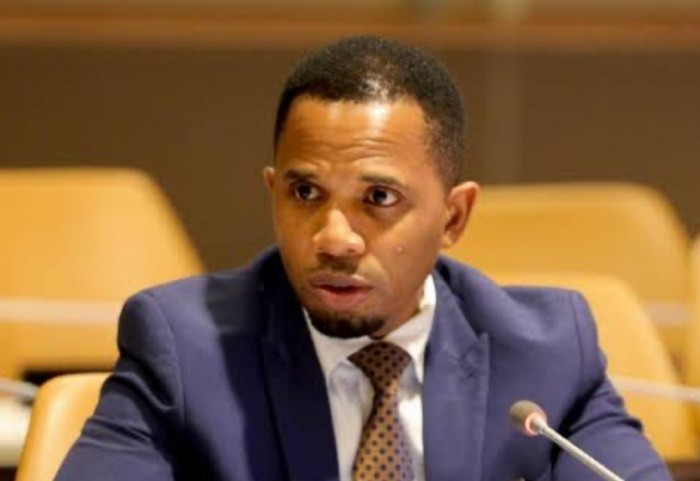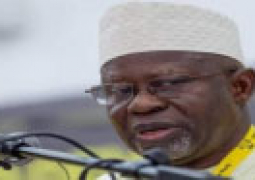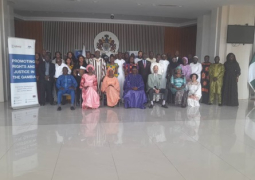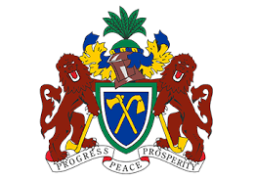
“Jammeh can come back, yes,” Dr. Ceesay stated. “But if he does, he must face the due process as prescribed under the TRRC. As for the government’s involvement, absolutely none. Government played no role whatsoever.”
The minister’s remarks came hours after Jammeh, who has been living in exile in Equatorial Guinea since 2017, declared in a WhatsApp audio message that he intends to return to The Gambia this November. The message, played in his hometown of Kanilai before jubilant supporters of his Alliance for Patriotic Reorientation and Construction (APRC) party, quickly went viral.
“I miss The Gambia, and I know you miss me too. I want to return to my motherland and live peacefully,” Jammeh said in the recording, promising that travel details would soon be announced by the APRC executive.
Jammeh’s planned return has reignited debate over justice, accountability, and reconciliation in the post-dictatorship era.
In July 2022, the TRRC recommended the prosecution of Yahya Jammeh and several of his close associates for serious human rights violations, including murder, torture, rape, and enforced disappearances committed during his 22-year rule.
In addition, the Janneh Commission, a separate public inquiry into Jammeh’s financial dealings found that the ex-president had illegally acquired over one billion US dollars through corruption and illicit timber and mining deals. Investigations also revealed that he owned over 300 landed properties, four aircraft, and several local bank accounts with millions of dalasis.
These revelations painted a stark picture of systemic abuse of power and grand corruption that devastated national institutions and the country’s economy.
Since his departure in January 2017, Jammeh has remained a divisive figure. While some of his loyalists view him as a strong leader forced into exile, victims of his regime and rights advocates insist that any return must be accompanied by justice.
Dr. Ceesay’s statement reaffirms the government’s stance that there will be no political compromise in dealing with Jammeh’s case. His return, the minister stressed, must align with the rule of law and the recommendations of the TRRC.
Observers say Jammeh’s announcement could test The Gambia’s democratic maturity and its commitment to reconciliation and justice. The TRRC’s legacy remains central to the country’s post-Jammeh transition, and any move seen as undermining its recommendations could risk reopening old wounds.





